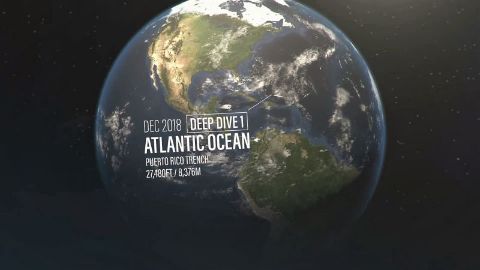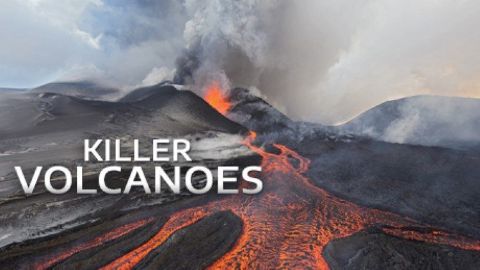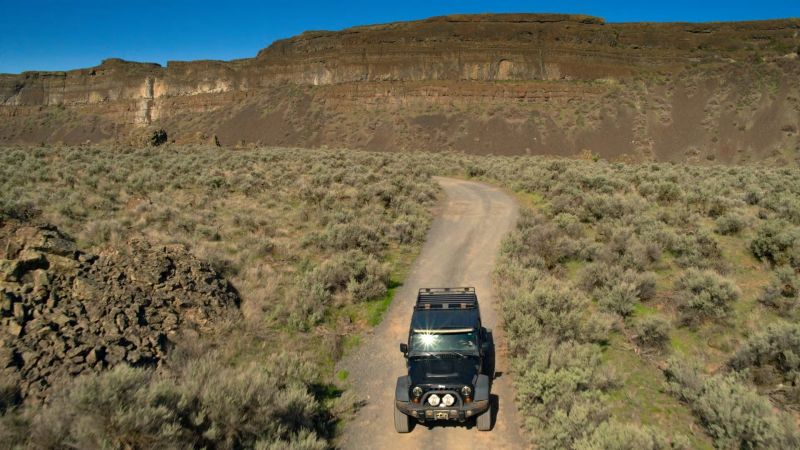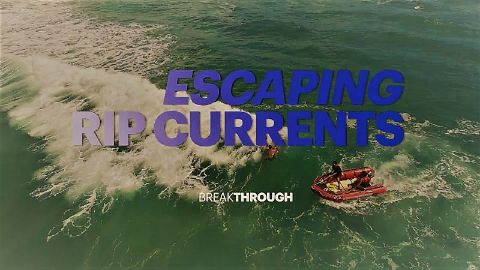Plastic Pollution • 2021
We investigate the emerging threats posed by plastic pollution to life on Earth. The hyper-convenience of our modern way of living produces staggering volumes of plastic waste daily. Scientists now know that this waste breaks down into ever tinier pieces, spreading right across the globe and posing direct health risks, including through bioamplification of toxic additives moving up the food chain. We explore the drastic changes it will take to deliver a sustainable future for our planet.
Make a donation
Buy a brother a hot coffee? Or a cold beer?
Hope you're finding these documentaries fascinating and eye-opening. It's just me, working hard behind the scenes to bring you this enriching content.
Running and maintaining a website like this takes time and resources. That's why I'm reaching out to you. If you appreciate what I do and would like to support my efforts, would you consider "buying me a coffee"?
Donation addresses
BTC: bc1q8ldskxh4x9qnddhcrgcun8rtvddeldm2a07r2v
ETH: 0x5CCAAA1afc5c5D814129d99277dDb5A979672116
With your donation through , you can show your appreciation and help me keep this project going. Every contribution, no matter how small, makes a significant impact. It goes directly towards covering server costs.





